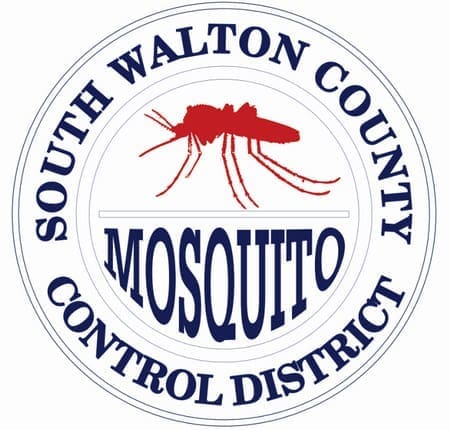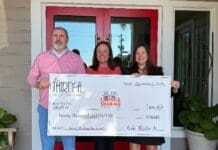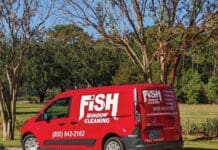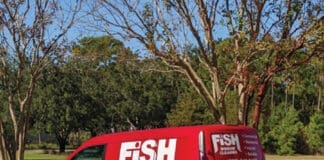By Teahna Ratliff
Throughout the year, South Walton Mosquito District is fighting our war on mosquitoes to prevent the residents and visitors from falling ill from mosquito-borne illnesses. Our field technicians visit known breeding sites every month to treat them with larvicide. Larvicide is a biopesticide formulated to kill immature mosquitoes before they can become adults, which prevents them from hatching and biting people. The technicians also respond to service requests from residents in South Walton who have noticed mosquito activity increase in their area. The field technicians will set up traps and do surveillance in the area to find additional breeding sites. Larviciding is our first defense against mosquito borne diseases by treating them before they become flying adults.
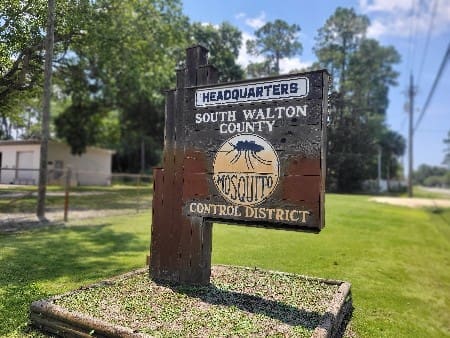
To monitor adult populations, South Walton Mosquito District currently has 22 permanent trap locations placed throughout South Walton to sample mosquito populations. Most of the traps are placed on the borders of swampy areas near populated areas. These traps are checked twice a week, showing if there is an increase of mosquito activity. The samples are taken back to our lab where our Entomology department can identify what species of mosquitoes are present. Adulticide missions are planned from the number of mosquitoes in the traps and the percentage of mosquitoes that can carry diseases. Adulticide treatments are our last resort used to fight mosquitoes.
Thirteen of the trap sites are also home to our sentinel chickens. Mosquito control sends a blood sample from the chickens once a week to the Florida Department of Health Laboratories in Tampa FL to test for common mosquito-borne illnesses such as Eastern Equine Encephalitis (EEE), Highlands J (HJ), and West Nile Virus (WNv). The chickens are the best option for this job because they are asymptomatic (show no symptoms of disease) and are dead-end hosts, which means they cannot pass the disease.
When the FDOH laboratory reports a bird has tested positive, it is the mosquito control’s job to check the area for additional breeding sites. The positive chicken is given away to employees or donated to the FFA (Future Farmers of America) program. The chickens are not harmed in any way and live out their years in their new homes.
Mosquito control will set additional traps to determine the increase in mosquito populations and allow for additional adulticide missions. An advisory is issued by the Florida Department of Health when multiple birds in one area have tested positive for an illness.
Adulticide missions are prioritized by multiple variables. The minimum for spraying a route is the mosquito traps must have at least 25 mosquitoes. The route that has a higher percentage of mosquito species that can potentially carry disease will move that route up on the treatment list. Positive chickens in that area are top priority for spraying due to disease transmission being observed in the area. This helps to prevent those mosquitoes from biting people and possibly passing diseases to them.
If you would like more information on this process, South Walton Mosquito District will be hosting a Meet & Greet for residents on Thursday July 20, 2023, from 5:00pm-7:00pm at the office located at 774 N. Co Hwy 393 in Santa Rosa Beach. Call our office at (850) 267-2112 for more information or visit our website at www.southwaltonmosquitocontrol.org
